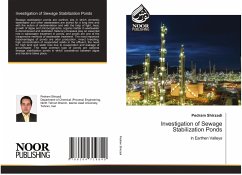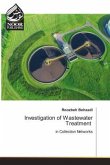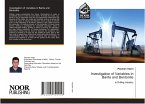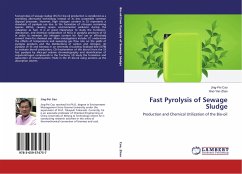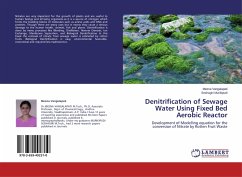Sewage stabilization ponds are earthen pits in which domestic wastewater and other wastewaters are stored for a long time and with the action of sedimentation and with the help of light, heat, growth of algae and microorganisms, organic matter in wastewater is decomposed and stabilized. Natural processes play an essential role in wastewater treatment in ponds, and ponds are one of the inexpensive methods of wastewater treatment. The most important disadvantages of ponds are odor production, insect breeding, high concentration of suspended solids in the effluent, the need for high land and water loss due to evaporation and leakage of groundwater. The most common type of ponds are optional sewage stabilization ponds in which coexistence between algae and bacteria takes place.
Bitte wählen Sie Ihr Anliegen aus.
Rechnungen
Retourenschein anfordern
Bestellstatus
Storno

